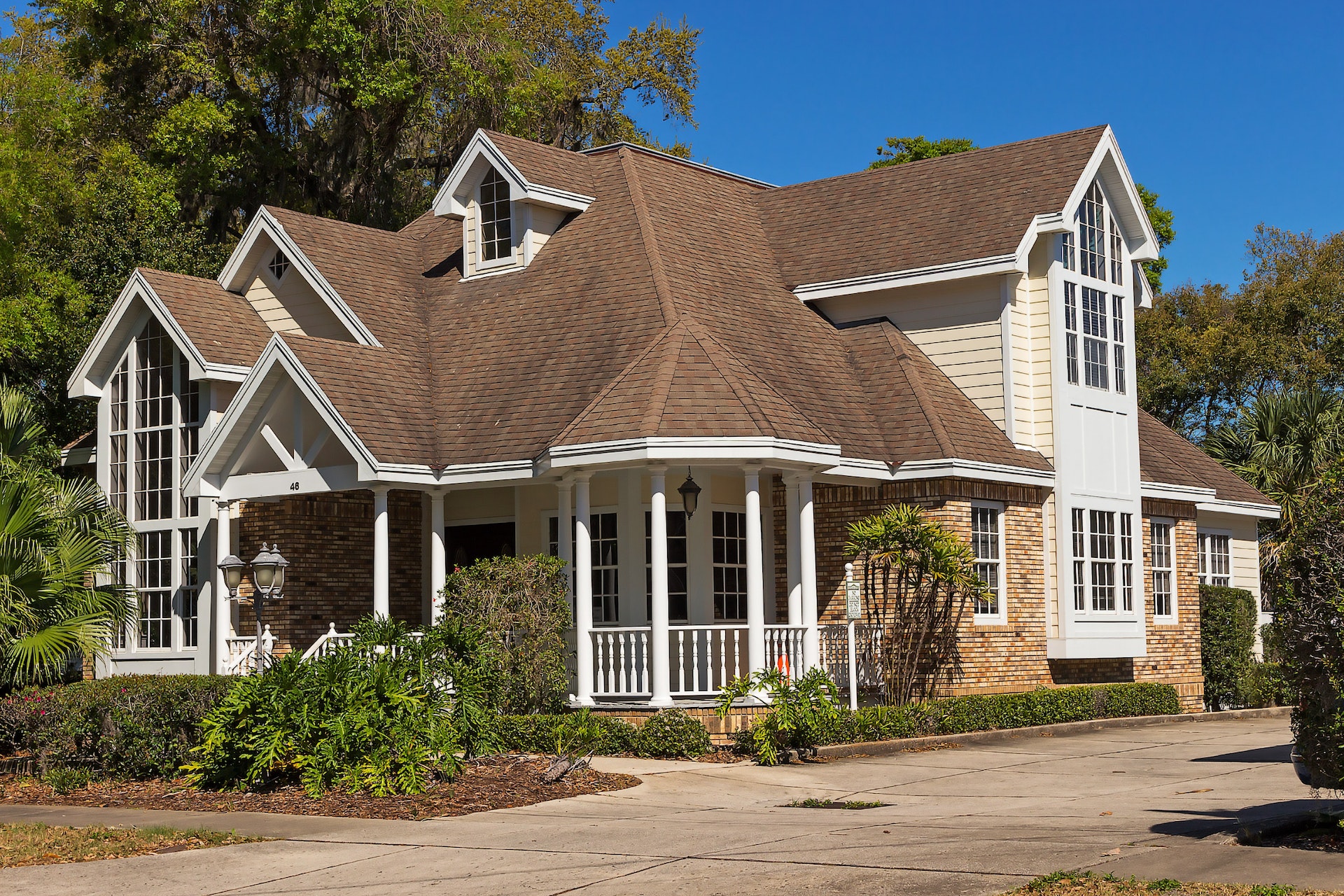Whether you are a seasoned investor or just starting out and scoping the whole sector out, tips on buying and making money from the property are always welcomed. In an increasingly dynamic and competitive niche, follow some of these to stay a step ahead of the game.
Search for emerging neighborhoods
Don’t automatically go for the fanciest or most fashionable neighborhoods. Part of the key to your success will be to buy up in underrated areas before they get onto other people’s agenda. Look for those with good transport links, originality, and charm, a nice selection of properties, proximity to green spaces, and good shops and facilities, but those that are not yet super popular. These are the places to watch and where you will get maximum return on investment.
Consider buying to rent
Buying to rent is always a smart move, but you need to decide which kind of rental you will offer. Will you be targeting families with long-term contracts, young professionals with shorter but still long-term contracts, or short-term lets like Airbnb and similar? Each has its own benefits and drawbacks. For example, there is more money in short-term lets, but you have to factor in the risk of it not being occupied all the time. Longe lets provide more stability but comes with lower rental yields.
Set up an LLC
There are various different kinds of structures you can use when you buy property as an investment to rent. One of these includes a limited liability company or LLC. This structure has several benefits for investors, depending on where you are based. Some of the main advantages of setting up an LLC for property investment include managing risk, protecting your assets, and also offering a shield from personal liability claims should something go wrong. Of course, it does not suit everyone, so be sure to do your research before you make a decision.
Don’t over refurbish
If you are buying to let or buying to sell on, don’t fall into the trap of doing too much work to do. Ensure it is in good condition, but don’t overdo it. You need to keep the property relatively neutral so it can appeal to various kinds of people. Don’t put a stamp on it or go for decor or design that stands out too much as you risk alienating potential buyers or tenants.
Diversify property types
Don’t just invest in apartments or detached homes. Instead, diversify your portfolio, including old homes, new homes, apartments, villas, detached and semi-detached houses, and commercial property and land. This allows you to serve different client bases and increases your chances of meeting demand.
Do your research
Whether it’s your first house or your 100th, always do your research before you buy. Research the area; crime rates, building permits, local council plans, utilities, weather, whether the area is prone to flooding, insurance, taxes, and much more. Do not leave any questions unanswered, or it could cost you dearly.
Stay on top of maintenance
Last but not least, stay on top of maintenance. Schedule regular maintenance checks for plumbing, structure, heating, and electrics. This way, you can preempt any significant issues before they become more problematic or expensive.
















